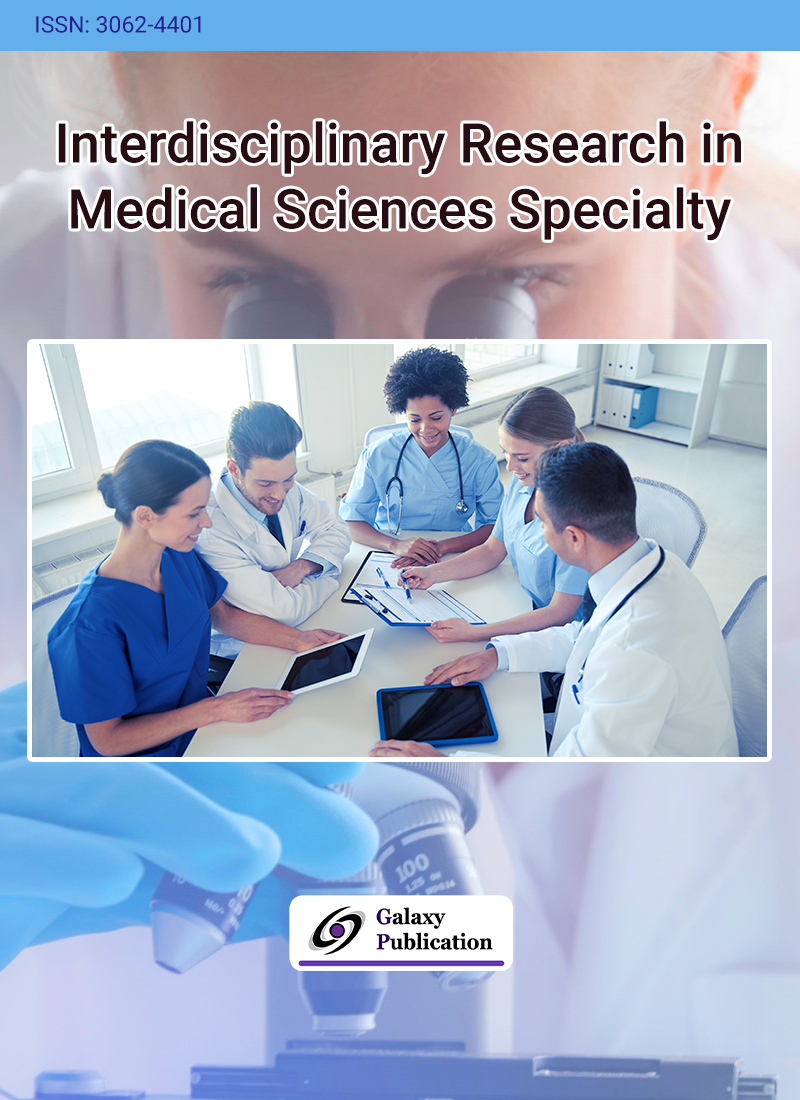
Serology is mostly used to diagnose toxoplasmosis by methodically looking for anti-toxoplasmic IgG and IgM. The difference between anti-Toxoplasma IgM and non-specific IgM, referred to as “natural,” is one of the challenges in interpreting Toxoplasma serology in pregnant women. This study aimed to assess the diagnostic efficacy of the “recomLine Toxoplasma IgM” immunoblot assay (Mikrogen, Diagnostik) in differentiating between normal IgM and specific anti-Toxoplasma IgM. Tests have been performed on 58 pregnant women's sera. ELISA-IgM was positive for all of these sera, while ELISA-IgG and IFI-IgG were negative. These sera are separated into two categories: Group 1: 30 sera were found to have natural IgM following three-week inspections for a maximum of three months. 28 sera with particular anti-toxoplasmic IgM were in group 2. The recomLine Toxoplasma IgM assay was used by the immunoblot kit to test the 28 sera. The eight recombinant toxoplasmic antigens that this test is based on are ROP1c, MIC3, GRA7, GRA8, p30, MAG1, GRA1, and rSAG1. Of the 28 confirmed IgM-specific sera, 11 had a sensitivity of 39.3% [22.1-59.3] in recomLine Toxoplasma IgM, while 28 of the 30 confirmed natural IgM sera had a specificity of 93.33% [76.5-98.8]. When IgM is positive and IgG is negative, the recomLine Toxoplasma IgM test can be recommended. The test's positive result increases the likelihood of a Toxoplasma seroconversion diagnosis, while its negative result does not rule it out. The test's positive predictive value was 84.6% [53.7-97.3] and its negative predictive value was 62.2% [46.5-75.8].